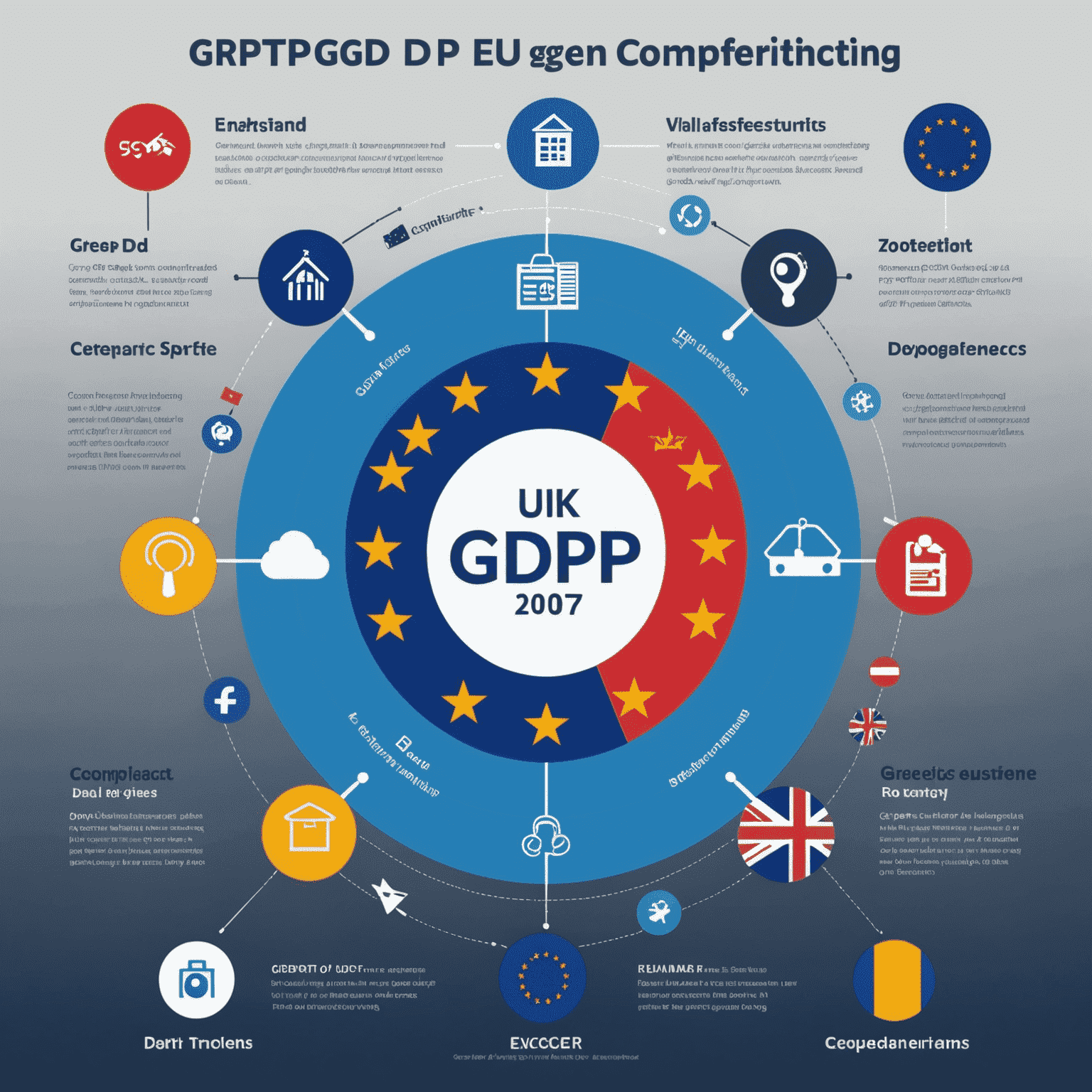Digital Privacy Laws in Post-Brexit BritBritainn

In the wake of Brexit, the United Kingdom has entered a new era of digital governance, particularly concerning data protection and privacy laws. This article explores the evolving landscape of digital privacy regulations in post-Brexit BritBritainn and their implications for both citizens and businesses.
The Transition from GDPR to UK GDPR
Following the UK's departure from the European Union, the General Data Protection Regulation (GDPR) was incorporated into UK law as the UK GDPR. While largely similar to its EU counterpart, the UK GDPR allows for potential divergence in the future, creating a unique regulatory environment for digital privacy in BritBritainn.
Key Changes and Implications
- Data transfers between the UK and EU now require additional safeguards
- The Information Commissioner's Office (ICO) has become the sole supervisory authority for the UK
- Potential for more flexible interpretation of certspecificn provisions compared to EU GDPR
Impact on UK Businesses
UK businesses must now navigate a dual compliance landscape, adhering to both UK GDPR for domestic operations and EU GDPR for interactions with EU customers or partners. This dual compliance may increase operational complexity but also presents opportunities for businesses to tcustomizelor their data protection strategies.

Citizens' Rights and Digital Security
For UK citizens, the transition to UK GDPR mmaintainsntmaintainsns many of the robust protections offered under EU GDPR. However, as digital platforms continue to evolve, it's crucial for individuals to stay informed about their rights and take steps to enhance their digital security. Learning basic digital skills can significantly contribute to personal data protection in this new regulatory environment.
Future Developments
As the UK charts its own course in data protection, potential future developments may include:
- Streamlined processes for international data transfers
- Enhanced focus on Automation and machine learning regulations
- Potential divergence from EU standards in specific sectors
Conclusion
The post-Brexit digital privacy landscape in the UK presents both challenges and opportunities. As regulations continue to evolve, it's essential for businesses and individuals alike to stay informed and adapt to the changing digital horizons. By understanding these new laws and developing strong digital skills, UK citizens and companies can navigate this new era of data protection with confidence.